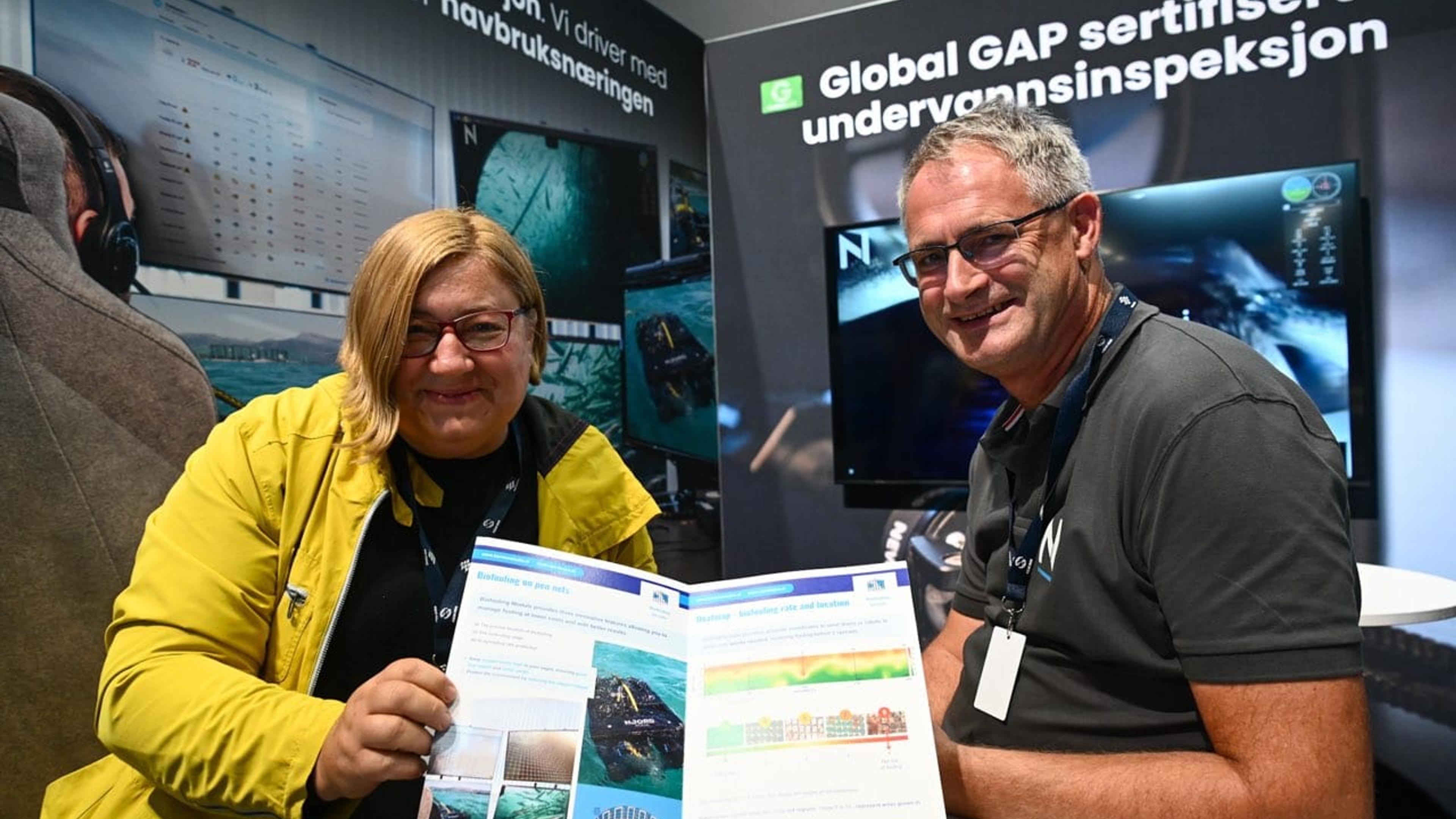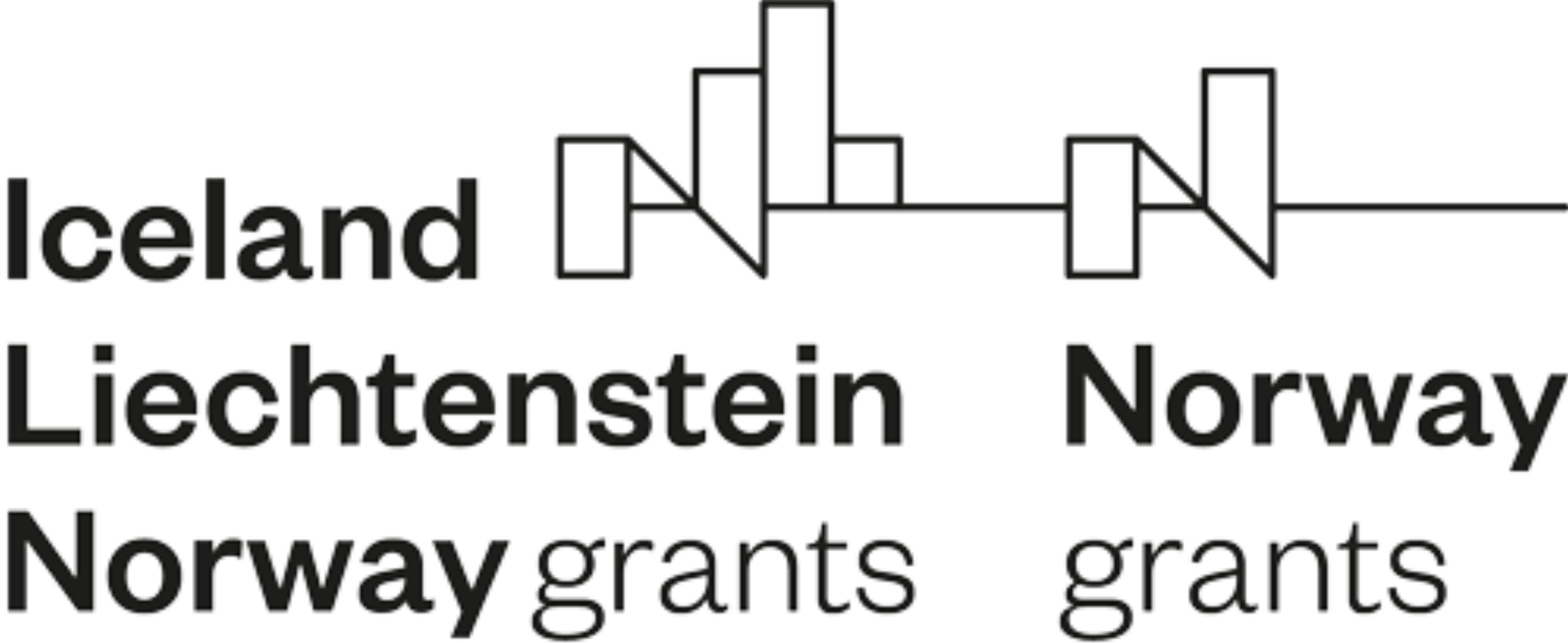Sailing Together Toward Sustainability: Croatia and Norway's Blue Growth
 © Ana Bedalov
© Ana BedalovFish Farming
Both Croatia and Norway do fish farming. While Norway is known for salmon, in Croatia they mostly focus on sea bass and sea bream. Unfortunately, the industry of fish farming faces two major issues: The negative impact on the environment and the high death rates of fishes due to critical conditions in the fish cages.
A Norway Grants supported project lead by the Croatian company; “Bedalov d.o.o.” in collaboration with the Norwegian company “Njord Aqua AS” has worked to address these challenges. In this project, Bedalov developed a custom automatic analysis service of video materials based on Artificial Intelligence (AI) and machine learning to inspect fish tanks' fouling. This technology secures that net-cleaning will only be carried out on a need-to basis instead of at fixed intervals. As a result; this service reduces fish farming maintenance costs, improve fish-product quality and quantity, as well as other animals and plants welfare (secures sufficient oxygen levels), and protect the environment.
Ocean Cleanup
To achieve the UN's 14th goal for sustainable development and ocean conservation, there is a pressing need to clean up what has already been spilled.
Luckily there are businesses working on just that. One such company is “Marservis d.o.o.” from Croatia. Together with their Norwegian project partner “Clean Sea Solutions AS” they are developing the “AquaPod+”. The AquaPod+ is a floating dock/jetty with an integrated system of pumps and filters, designed to collect and remove marine litter in enclosed sea basins.
Projects like this carry an almost unmeasurable value today. According to the UN, marine plastic waste pollution is one of fastest growing environmental problems in the world.
It is these types of projects that serve as perfect examples of the difference the EEA and Norway Grants seek to make. Not only do these projects display innovate thought, technology, and business savviness, they also display the impact bilateral cooperation through good and long-lasting partnerships can have.
In fact, the partnership formed between Marservis and Clean Sea Solutions have continued beyond the initial project, and they are now working on a second project.
The collaborative efforts between Croatian and Norwegian companies in blue growth technologies and solutions stand as an excellent example of the transformative impact bilateral cooperation can have. Their joint initiatives in fish farming and ocean cleanup not only mitigate ecological threats but also exemplify the potential of international collaboration in achieving shared sustainability goals. Through the common goals and actions, both nations demonstrate that by working together, they can create a lasting positive impact on our oceans and pave the way for a more environmentally conscious future.
